Elections in Kosovo "delicate issue", says speaker
Parliament Speaker Slavica Đukić-Dejanović says holding of local elections in Kosovo is "a delicate issue due to the cooperation with international community".
Wednesday, 22.02.2012.
12:21

Parliament Speaker Slavica Djukic-Dejanovic says holding of local elections in Kosovo is "a delicate issue due to the cooperation with international community". “The fact is that the issue of realization of the local elections in Kosovo and Metohija is delicate because there are certain segments of the UN Security Council Resolution 1244 that require cooperation with the international community,” she told weekly Novi magazine. Elections in Kosovo "delicate issue", says speaker Djukic-Dejanovic stated that she would not call the general local elections since certain local self-governments had held the elections after the elections in May 2008. According to her, the majority of local self-governments will hold elections this spring, along with the parliamentary elections. “It is true that according to the Constitution Serbia has the obligation to call the elections in the entire territory of the republic, meaning in all municipalities and towns that have acquired conditions and whose current convocations’ four-year mandate will expire,” the speaker explained. The weekly reported earlier on Wednesday that she had stated that she would not call the elections in northern Kosovo. Djukic-Dejanovic has denied the allegations, claiming the weekly has misinterpreted her words. Abolition of the so-called parallel institutions will practically begin by not holding the local elections in northern Kosovo, which was requested by German Chancellor Angela Merkel six months ago. This political move shows that Belgrade is undoubtedly headed toward fulfillment of all the conditions that the European Council set in December, the weekly wrote earlier. Opposition parties, primarily the Democratic Party of Serbia (DSS), oppose the decision not to hold the elections in the north of the province. According to DSS deputy leader Slobodan Samardzic, the party is planning on organizing a petition requesting holding of the elections “both south and north of the Ibar River” and their main argument are the results of the recently held referendum in the north. The vast majority of the citizens voted against the Pristina institutions. Gracanica Health Center Director Rada Trajkovic has stated that the UN Security Council Resolution 1244 does not envisage a possibility of Belgrade calling the local elections in Kosovo. “I’m sorry I have to say this, but the result of the Resolution 1244 and the Kumanovo Agreement is that there is no right to organize the local elections in Kosovo,” she said during a debate dubbed “Who is dividing Kosovo Serbs and Serbia on the Kosovo issue” organized by Tanjug. According to her, it is an open secret that the local elections in Kosovo would not be held if Serbia received the EU candidate status. “I know an important strategic goal is being discussed today and that’s the candidacy,” she pointed out and added that the rest of Serbia “should not be a hostage of our aspirations and projects”. Kosovska Mitrovica Mayor Krstimir Pantic, however, stressed that it was Serbia’s constitutional duty to call the elections in the entire territory of Serbia. He noted that it was likely that the elections would not be held in northern Kosovo and that a petition requesting the local elections was being prepared and that it would be sent to the Serbian parliament speaker. Pantic said that the petition had already been launched south of the Ibar River and that the Serbs living on both sides of the river would show that they do not want to be a part of the Kosovo institutions and to live in independent Kosovo. Trajkovic stressed that the issue was complex bearing in mind that local elections, organized by the Pristina authorities, should be held in 15 months. Slavica Djukic-Dejanovic (Tanjug, file) Beta Novi magazin
Elections in Kosovo "delicate issue", says speaker
Đukić-Dejanović stated that she would not call the general local elections since certain local self-governments had held the elections after the elections in May 2008.According to her, the majority of local self-governments will hold elections this spring, along with the parliamentary elections.
“It is true that according to the Constitution Serbia has the obligation to call the elections in the entire territory of the republic, meaning in all municipalities and towns that have acquired conditions and whose current convocations’ four-year mandate will expire,” the speaker explained.
The weekly reported earlier on Wednesday that she had stated that she would not call the elections in northern Kosovo.
Đukić-Dejanović has denied the allegations, claiming the weekly has misinterpreted her words.
Abolition of the so-called parallel institutions will practically begin by not holding the local elections in northern Kosovo, which was requested by German Chancellor Angela Merkel six months ago. This political move shows that Belgrade is undoubtedly headed toward fulfillment of all the conditions that the European Council set in December, the weekly wrote earlier.
Opposition parties, primarily the Democratic Party of Serbia (DSS), oppose the decision not to hold the elections in the north of the province.
According to DSS deputy leader Slobodan Samardžić, the party is planning on organizing a petition requesting holding of the elections “both south and north of the Ibar River” and their main argument are the results of the recently held referendum in the north. The vast majority of the citizens voted against the Priština institutions.
Gračanica Health Center Director Rada Trajković has stated that the UN Security Council Resolution 1244 does not envisage a possibility of Belgrade calling the local elections in Kosovo.
“I’m sorry I have to say this, but the result of the Resolution 1244 and the Kumanovo Agreement is that there is no right to organize the local elections in Kosovo,” she said during a debate dubbed “Who is dividing Kosovo Serbs and Serbia on the Kosovo issue” organized by Tanjug.
According to her, it is an open secret that the local elections in Kosovo would not be held if Serbia received the EU candidate status.
“I know an important strategic goal is being discussed today and that’s the candidacy,” she pointed out and added that the rest of Serbia “should not be a hostage of our aspirations and projects”.
Kosovska Mitrovica Mayor Krstimir Pantić, however, stressed that it was Serbia’s constitutional duty to call the elections in the entire territory of Serbia.
He noted that it was likely that the elections would not be held in northern Kosovo and that a petition requesting the local elections was being prepared and that it would be sent to the Serbian parliament speaker.
Pantić said that the petition had already been launched south of the Ibar River and that the Serbs living on both sides of the river would show that they do not want to be a part of the Kosovo institutions and to live in independent Kosovo.
Trajković stressed that the issue was complex bearing in mind that local elections, organized by the Priština authorities, should be held in 15 months.





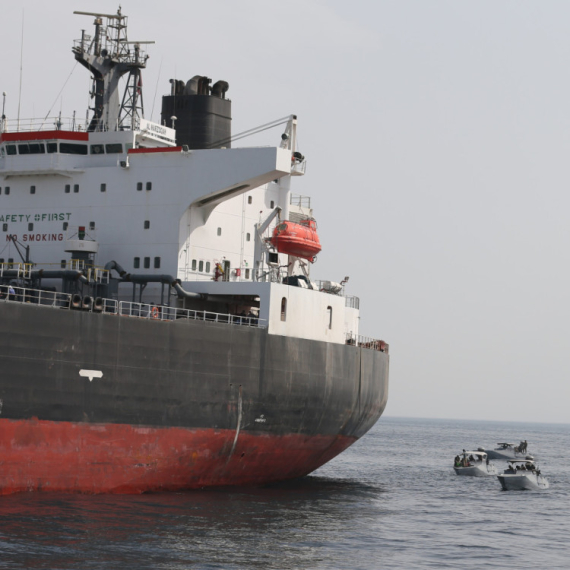




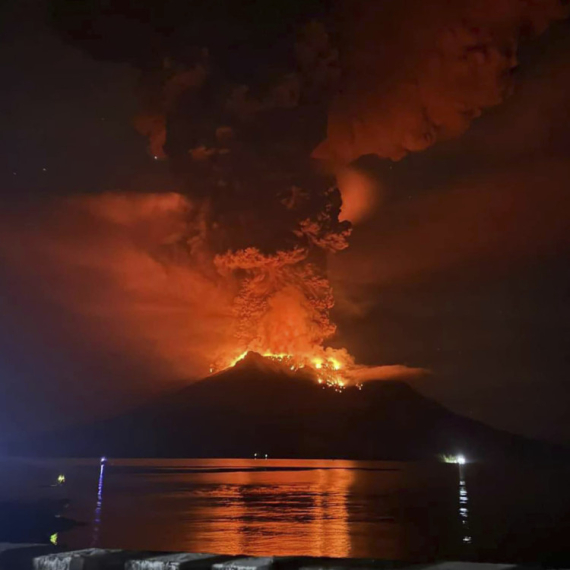
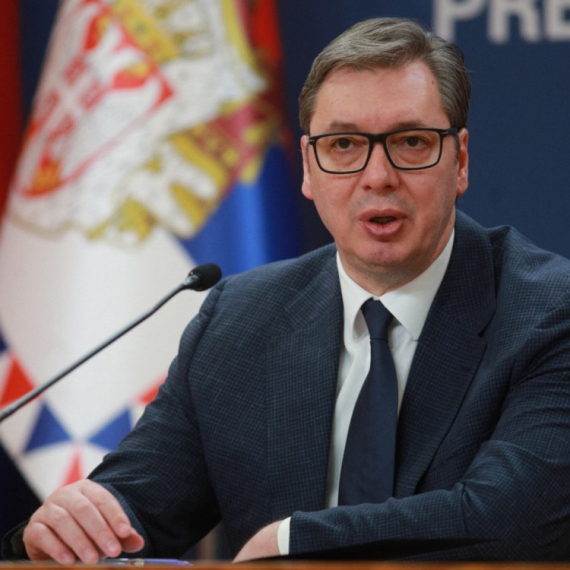
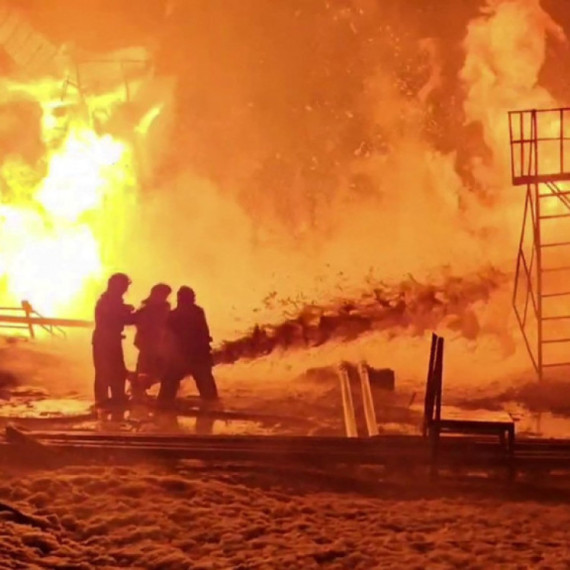



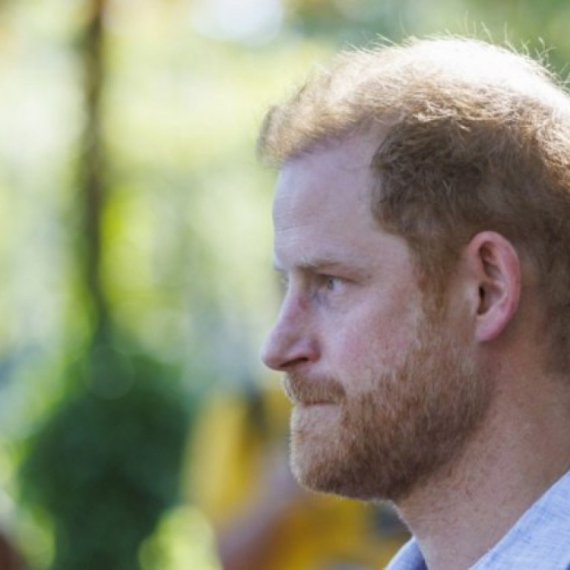














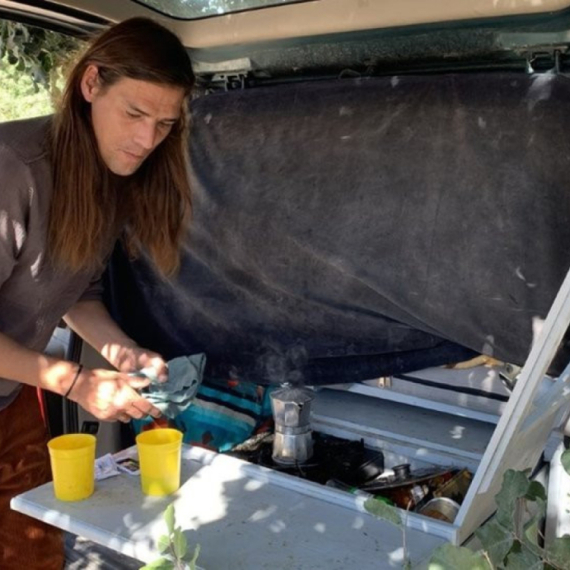
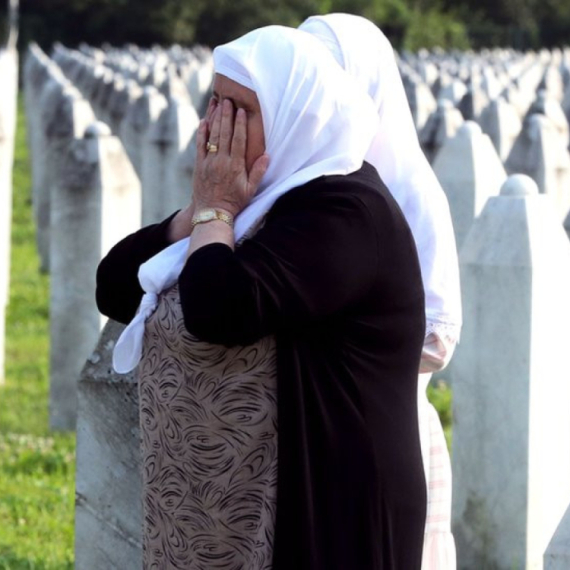
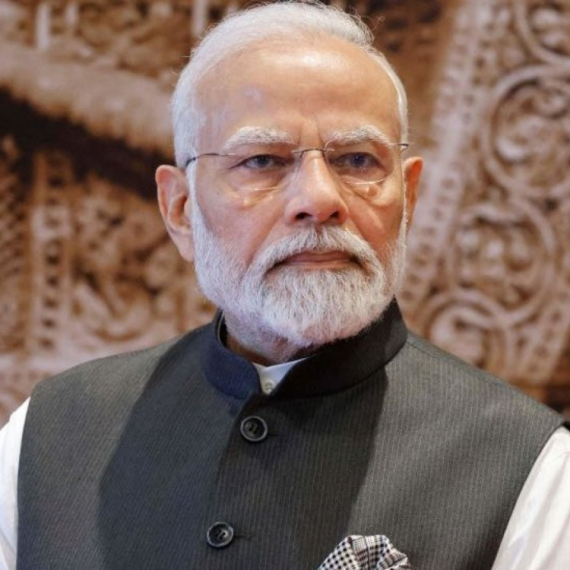
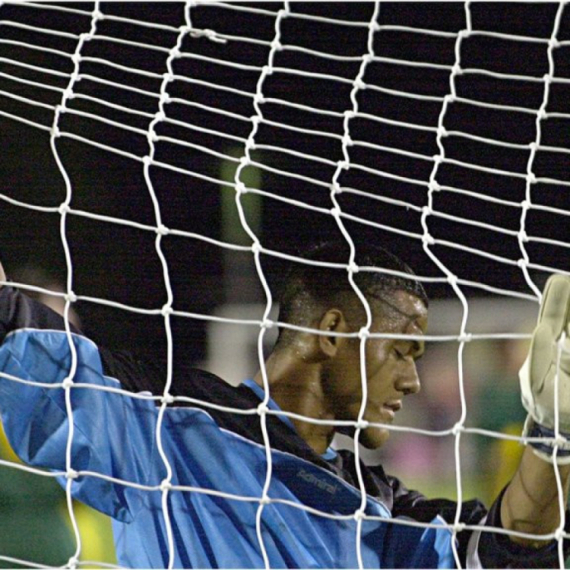

Komentari 22
Pogledaj komentare